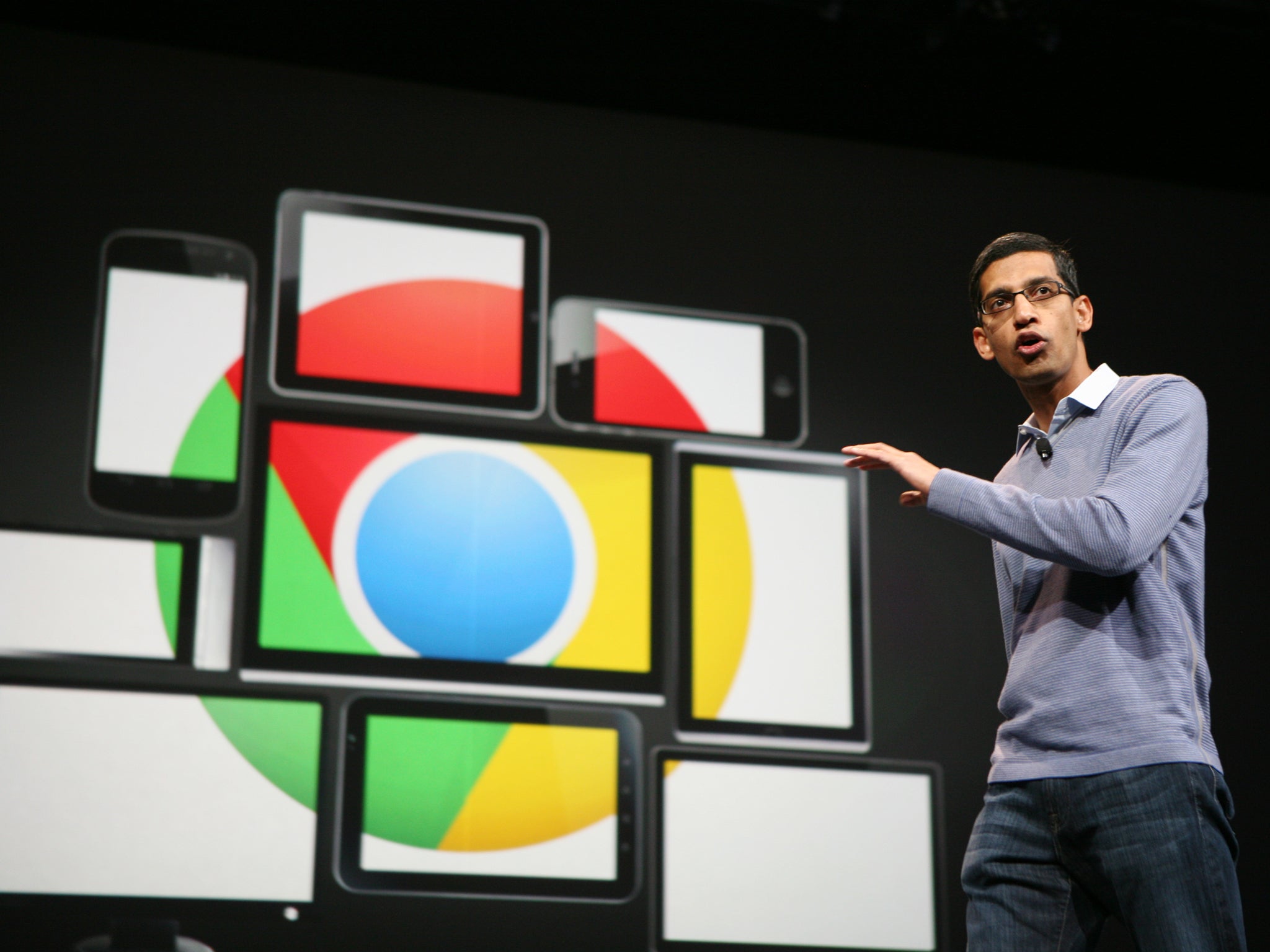Google to punish pages with 'install our app' pop-ups in mobile search results
Search engine has been cracking down on websites that use features that make pages slow to load

Google will penalise sites that show full-screen ads when users click through to their pages from its results, in an attempt to make using the search engine quicker for mobile users.
By cracking down on what it calls “interstitials” – ads that take up the whole screen to tell people to download a site’s app instead – Google hopes that it can make searching from a phone or tablet more easy.
“Sometimes a user may tap on a search result on a mobile device and see an app install interstitial that hides a significant amount of content and prompts the user to install an app,” wrote Daniel Bathgate, a Google search software engineer, in a blogpost announcing the change. “Our analysis shows that it is not a good search experience and can be frustrating for users because they are expecting to see the content of the web page.”
From November 1, such sites will “no longer be considered mobile-friendly”, Google said. That means that they are likely to be be shunted further down Google’s search results, making people less likely to click on them.
Many big websites use interstitials as a way of encouraging their users to download their app, rather than finding them through search engines, and so hopefully drive more regular visitors to their page.
When that happened, some advertisers took to referring to the changes as “mobilegeddon”, because of the huge change it was likely to make to traffic to certain sites. Visits from mobile devices now make up a huge proportion of traffic to most websites, and so being punished or helped in Google’s rankings can lead to a big change in how busy a site is.
Join our commenting forum
Join thought-provoking conversations, follow other Independent readers and see their replies
Comments
Bookmark popover
Removed from bookmarks